
2023 USDA Census of Aquaculture Results
The US Department of Agriculture, National Agricultural Research Service released the 2023 Census of Aquaculture, which is conducted every five years.

The US Department of Agriculture, National Agricultural Research Service released the 2023 Census of Aquaculture, which is conducted every five years.
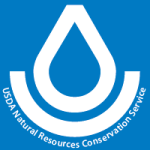
The USDA NRCS in Florida has begun accepting applications for disaster assistance funding through the Emergency Environmental Quality Incentives Program (EQIP).
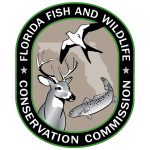
The Rebuilding Florida Fisheries Program was established to provide financial assistance from the Florida Disaster Fund and the Fish & Wildlife Foundation of Florida to support fishery participants impacted by the 2024 Florida hurricane season.
The Shellfish Pilot Crop Insurance Program available through the USDA Risk Management Agency (RMA) is in its second year with several revisions to the policy.
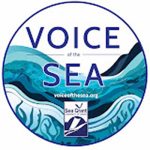
In a video episode of Voice of the Sea TV produced by the University of Hawaii, Hawaii Sea Grant (HSG) researchers traveled to the Gulf of Mexico in May to meet up with Florida Sea Grant faculty and partners, and learn about farming clams, oysters, and sponges. Then, HSG checked out oysters growing in living shorelines and learned how these systems actively protect coastal areas from erosion and storm damage. From Cedar Key, HSG headed Tampa Bay where clam farmers are growing food clams as well as native clams for ecosystem restoration. Then, HSG headed offshore to visit sponge aquaculture research sites
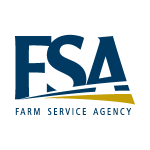
The Noninsured Crop Disaster Assistance Program (NAP) and Emergency Assistance for Livestock, Honeybees and Farm-raised Fish Program (ELAP) can provide shellfish growers with catastrophic coverage for losses due to natural disasters. The deadline to sign-up for these programs and provide an acreage report is September 30 for coverage of crop year 2025. Both programs are serviced by your local USDA Farm Service Agency (FSA) office. To find your county office, go to https://www.fsa.usda.gov/state-offices/Florida/index. See fact sheets for NAP and ELAP for more information. For NAP, clam growers are required to maintain a monthly inventory. Monthly inventory records are to be kept up to date and
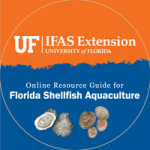
This position will serve as biological staff at the University of Florida/IFAS Shellfish Aquaculture Program.
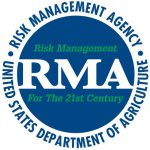
Did you miss the Risk Assessment and Management Workshop? Don’t worry! The video recording, agenda, presentations, and handouts are now available at https://shellfish.ifas.ufl.edu/risk-workshop. Thanks to the project team: UF IFAS Shellfish Aquaculture Extension, Florida Sea Grant, Clemson University, Auburn University Shellfish Lab, S.C. Sea Grant Consortium, and USDA Farm Service Agency. Workshops were funded through the Risk Management Agency/USDA‘s Education Partnership Program.
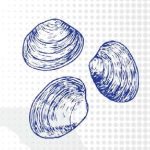
Shellfish growers are confronted with many decisions incorporating various levels of risk throughout a production season. These workshops will help growers to assess and identify production, market, and legal liability risks; understand what crop insurance and disaster assistance programs are available to protect their operations from these risks; and learn what resources and tools are available to improve risk management. Tuesday, July 9, 11:30am-1:00pm, Capt. Hirams-Blackfins, Sebastian Tuesday, July 9, 3:30-5:00pm, Marine Discovery Center, New Smyrna Beach Wednesday, July 10, 3:00-5:00pm, UF Nature Coast Biological Station, Cedar Key Thursday, July 11, 3:00-5:00pm, FSU Coastal and Marine Lab, St. Teresa See
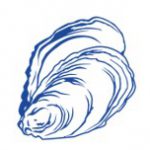
SAVE THE DATE! The UF/IFAS Shellfish Extension Program is hosting an Oyster Culture Workshop on May 30, 2024, from 3-5pm at FSU Coastal and Marine Lab, Auditorium and via zoom https://ufl.zoom.us/j/92286238028. Updates and results of projects conducted by UF and the FSU Coastal and Marine Lab will be provided. For more information, contact Leslie Sturmer, Lnst@ufl.edu.